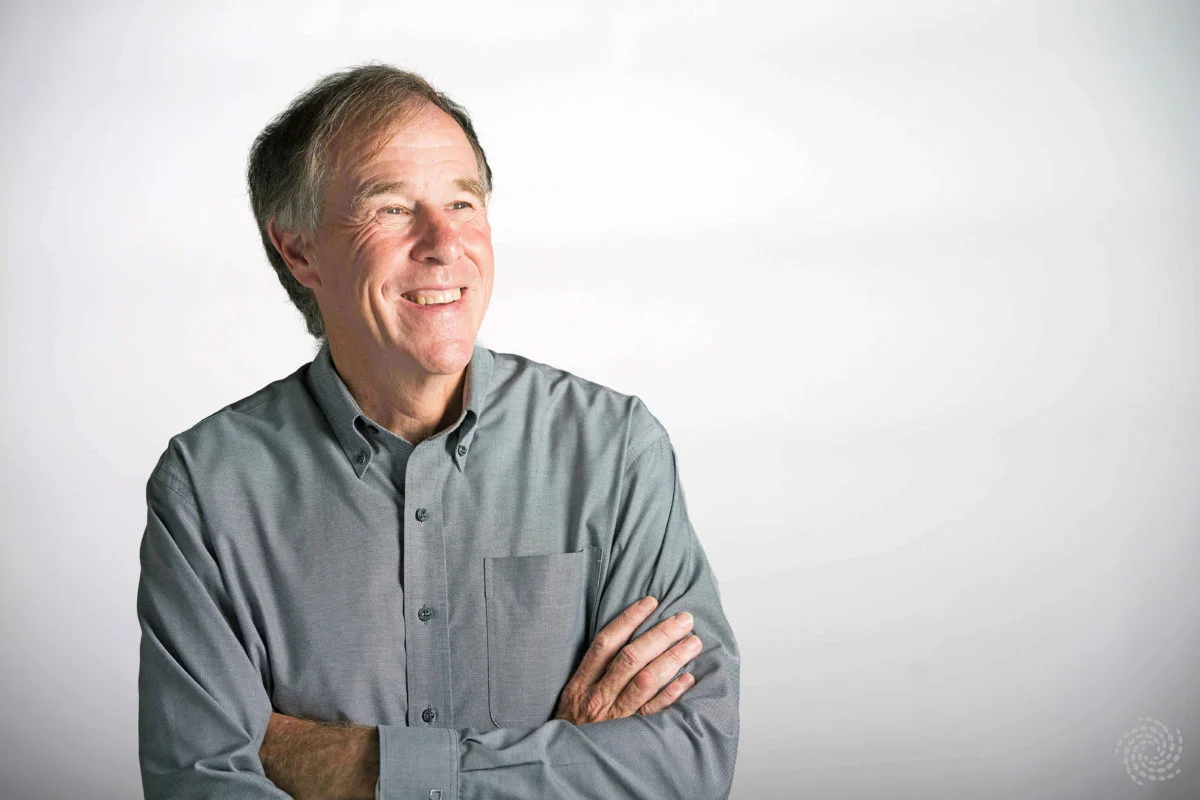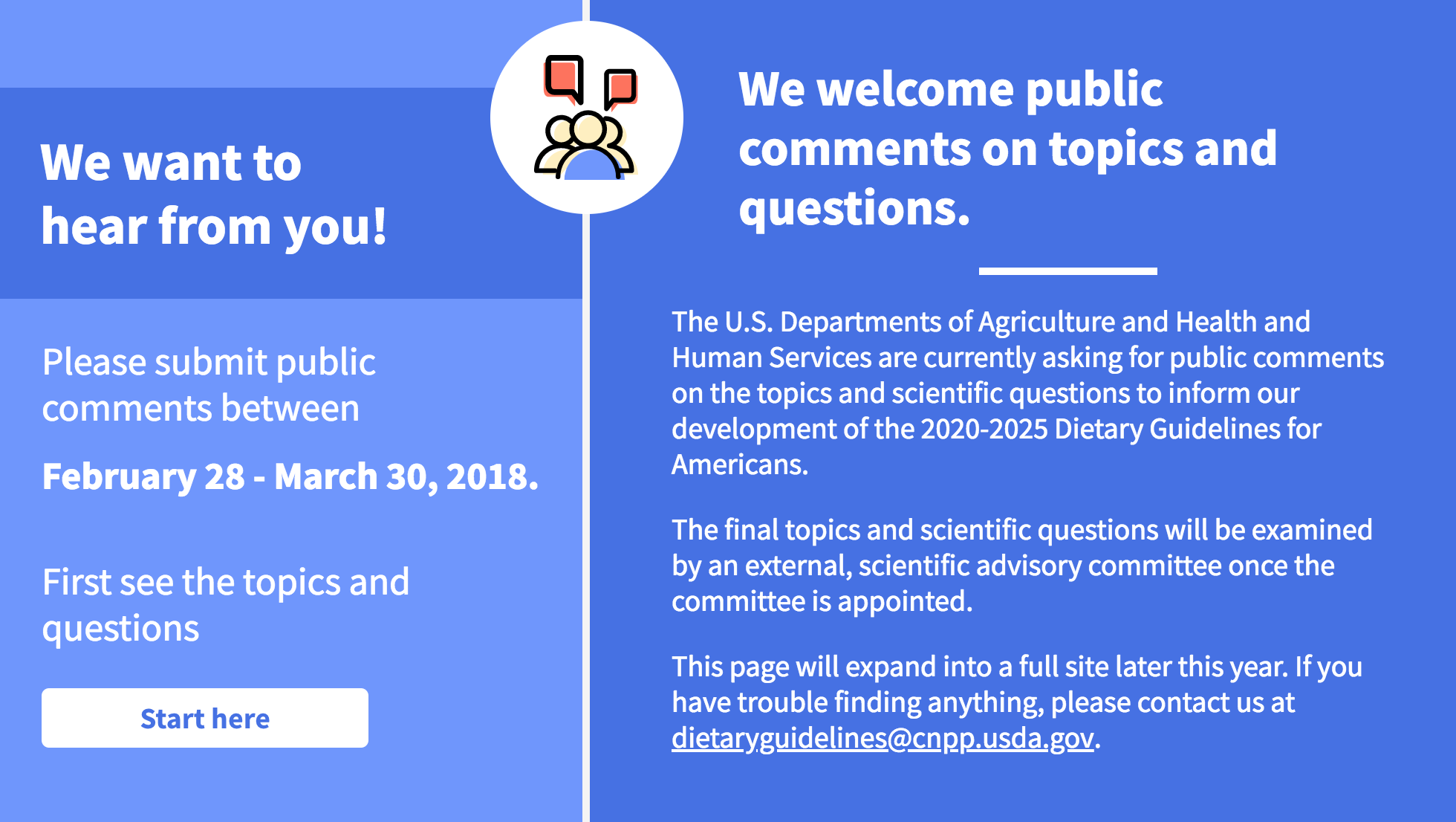Does Science Support DNA Diets?
Can a blood test tell you what diet is best for your body?
That's what some companies are claiming. Currently trending in an era of personalized nutrition are diets tailored to a patient's DNA.
"Miracle" Conference in Zurich
"There is no such thing as a miracle diet, but if there's a miracle meeting, this is it." That was how Fiona Godlee, editor-in-chief of The BMJ, introduced the "Food for Thought" conference. The event, co-sponsored by The BMJ and global reinsurer SwissRe, took place last week in Zurich, Switzerland.
New Survey Shows Changes in American Diet Trends
Many Americans appear to be ditching low-fat diets for higher-fat foods in hopes of improving heart health and losing weight -- according to a recent survey by the International Food Information Council (IFIC) Foundation on more than 1,000 Americans, ages 18 to 80.
Professor Noakes Found Innocent (Again)!
Today, Professor Tim Noakes was found innocent of all charges in proceedings against him by South African medical authorities. This is his second acquittal; the first came in April 2017, which was then appealed.
The Magic Pill Explores Why Food Is Medicine
The Nutrition Coalition has partnered with the film distributors Fan-Force to bring The Magic Pill to movie theaters around the country. The Magic Pill is an amazing documentary by filmmakers Rob Tate and Pete Evans who explore the relationships among food, nutrition, and disease
Journalists Repeat Evidence-Free Claims from Scholars Associated With “Big Carb”
Extraordinary claims once required extraordinary evidence. Now you can apparently get glowing media coverage without presenting any evidence at all. he latest reporting on a claim is “too good to check” started with coverage in The Telegraph, which declared: “Third of early deaths could be prevented by everyone giving up meat, Harvard says”
Healthy Countries Consume More Fat, More Animal Protein, Fewer Carbs, New Study Finds
A new study examining food consumption in 158 nations found that a higher consumption of fat and animal proteins was associated with decreased risk of heart disease. Meanwhile, more carbohydrates—especially more wheat and cereals—were associated with higher rates of cardiovascular death. These data are the latest to confirm that the U.S. government’s high-carbohydrate diet is quite likely not the best advice.
Thousands tell USDA: Update Guidelines to Reflect the Latest Science on Saturated Fat and Low-Carb Diets
The U.S. Department of Agriculture (USDA) heard from thousands of concerned citizens about the need to update the 2020-2025 U.S. Dietary Guidelines on topics where the science has evolved, particularly on saturated fats and low-carbohydrate diets.
Dallas Morning News Op-Ed: The Military Should Lead The U.S. Fight against Obesity
Rigorous physical training is a daily feature of military life, and yet the Military Times warns that the armed forces face a "huge problem with obesity" that is "only getting worse." Maybe you've seen the headlines: "Too Fat to Fight," or, closer to home, "Texas kids physically unfit for military," but you probably don't know the full extent of the problem.
How to Submit a Public Comment on the Dietary Guidelines
The U.S. Department of Agriculture (USDA) is currently soliciting public comments about a list of key issues for the 2020-25 U.S Dietary Guidelines for Americans. This was the first time that the USDA or the U.S Department of Health and Human Services (HHS), the two agencies tasked with developing the Guidelines, took this unusual step.
USDA Aims to Add Transparency to the Dietary Guidelines
The announcement is good news, because it signals that the USDA and HHS are committed to increasing transparency in the Guidelines’ process, which in 2015 became a political battle field, riddled by activist agendas and corporate interests.The Nutrition Coalition will submit public comments, and we encourage you to make your voices heard in this important process.
The Hill Op-Ed: Congress, stop government from dishing out bad dietary advice
Americans’ lack of physical fitness is affecting everything from our military, who are struggling to find enough recruits who are fit to serve, to rising costs in treating diabetes. As a personal trainer and wellness consultant, I believe exercise is critical for a healthy lifestyle. Yet, despite how much time and effort people invest trying to get in shape, they rarely meet their goals.
From A Scientific Perspective, The Evidence Overwhelmingly Supports The Idea That A Diet Low In Carbohydrates And High In Fat Is “Evidence Based.”
Prof. Noakes was actually acquitted on all counts last April, but the medical board is appealing its own decision. This letter does not address the many ethical issues surrounding the HPCSA’s actions against Prof. Noakes. We focus here exclusively on the question of whether the *LCHF diet he favors is “evidence-based.”
Herald & Review Op Ed: Stop Feeding Illinoisans Bad Nutrition Advice
Folks who scrupulously follow the federal government's advice on healthy eating often see their waistlines expand, not contract. How come? The government's Dietary Guidelines for Americans are based on flawed, half-century-old research.
Los Angeles Times Op-Ed: U.S. News is wrong about what constitutes the best diet
Promoting the same dietary advice over and over again while expecting different results is indeed a kind of insanity, and worse, is doing nothing to combat rising disease and death rates. Consumers need solid information about how to eat for good health. The U.S. News "best diets" issue doesn't measure up.
The Largest Promoters of High-Carb Diets Are Funded By Corporate Interests
Despite a growing body of evidence to the contrary, the dietary guidelines of the American Heart Association (AHA) and American Diabetes Association (ADA) promote high-carb, low-fat diets to reduce the risks for cardiovascular disease and diabetes. But a closer look at those who fund these organizations reveals corporations with a vested interest in maintaining the current dietary guideline regime.
Kansas City Star Op-Ed: Are the Federal Government’s Dietary Guidelines Making Us Fatter?
For decades, the federal government has tried to combat this epidemic, largely through the Office of Disease Prevention and Health Promotion’s Dietary Guidelines for Americans, which aim to help people choose eating patterns that improve health. Paradoxically, over the past two decades, Americans have continued to gain weight, despite many following the government’s dietary advice.
Op-Ed in the Hill by Representative Andy Harris – The Mandate Is Clear: Flawed Dietary Guidelines Process Must Be Reformed
The nation’s senior scientific body recently released a new report raising serious questions about the “scientific rigor” of the Dietary Guidelines for Americans. This report confirms what many in government have suspected for years and is the reason why Congress mandated this report in the first place: our nation’s top nutrition policy is not based on sound science.
Dallas Morning News Op-Ed: Government is helping to feed the diabetes crisis in Texas
Federal dietary guidelines are based on weak science. These recommendations, which are developed by nutritionists who champion widely accepted but increasingly questionable advice, have a huge impact on how everyone eats. Given the scale of the diabetes epidemic, it's time to reform the process that produces our nation's nutritional guidelines.
DONATE to Help Fix the Dietary Guidelines
We need your support to educate policy makers, influencers and the public about the problems with the guidelines, so that people suffering from obesity, type 2 diabetes, and cardiovascular disease, among other nutrition-related diseases, get the sound nutritional advice that they need to become healthy.




















